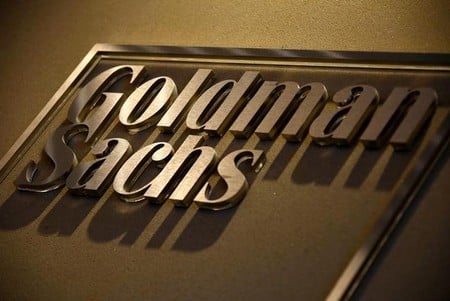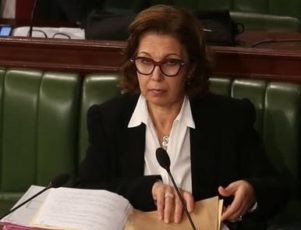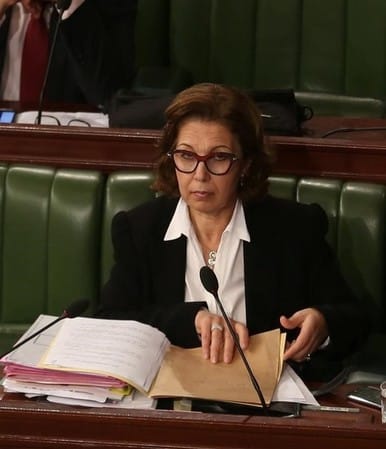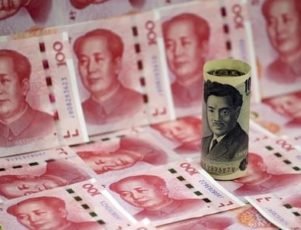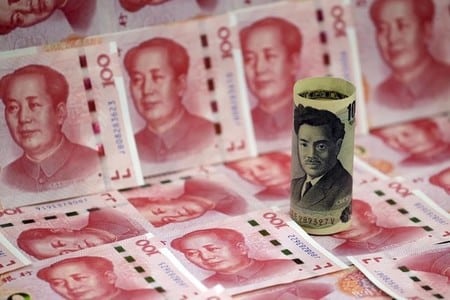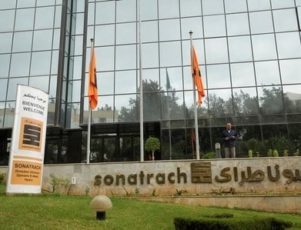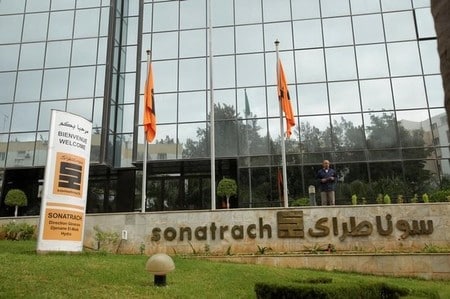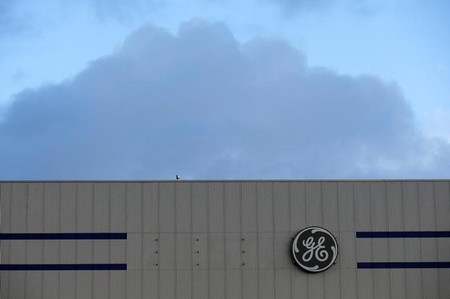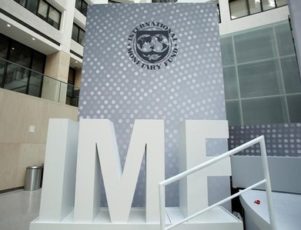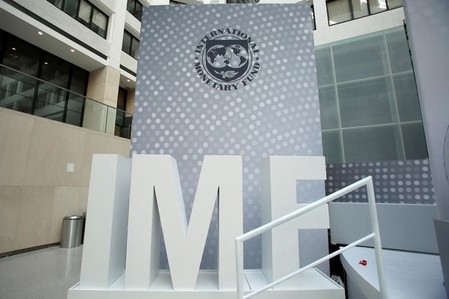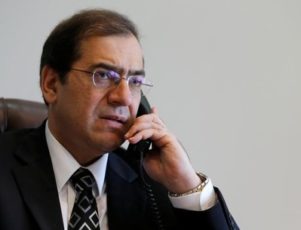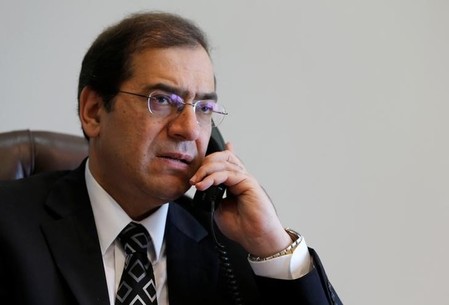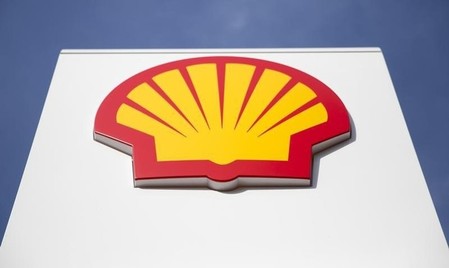JOHANNESBURG (Reuters) – South Africa recorded a larger-than-expected surplus in December, largely due to a sharp fall in imports as the continent’s most industrialised country continued to see subdued consumer and business confidence.
The trade surplus stood at 12 billion rand ($894 million), way above market expectations of a 6 billion rand surplus, data from the revenue agency showed on Tuesday.
The data showed imports had fallen nearly 20 percent to 19.75 billion rand in the month. Imports of equipment components fell the most, by 53 percent, followed by clothing and toys, as well as textiles, which decreased 45 percent and 38 percent respectively.
Economist at Investec Kamilla Kaplan said the surplus was unsurprising given the low levels of growth in an economy where businesses and people were spending less money.
“It’s mostly because imports have been quite suppressed. Investment has been pretty low too,” Kaplan said.
Consumer confidence slipped deeper into negative territory in the fourth quarter of 2016, while fixed investments by companies decreased for a fourth consecutive quarter in the same period as private businesses in particular cut down on spending.
The South African Reserve Bank last week estimated growth at only 1.1 percent in 2017, well short of government’s aim of 5 percent annual growth needed to reduce record unemployment and the risk of credit downgrades to subinvestment.
(Reporting by Mfuneko Toyana; Editing by James Macharia)


